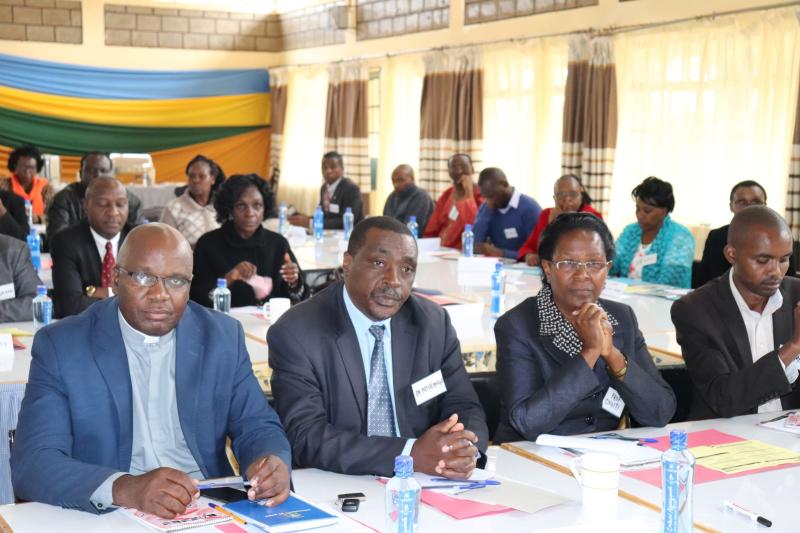×
The Standard e-Paper
Stay Informed, Even Offline

As the Competency Based Curriculum (CBC) takes root at the basic level, education stakeholders are concerned about the transition of learners to junior and senior secondary up to university level.
Deans of education faculties have met to discuss the space for universities in the ongoing education reforms as they gear up to train teachers who will receive the products of CBC at secondary school level.